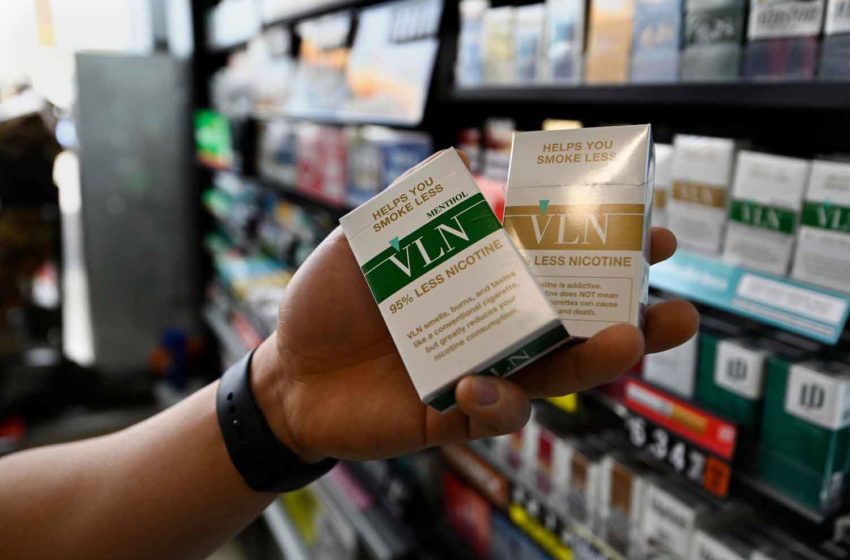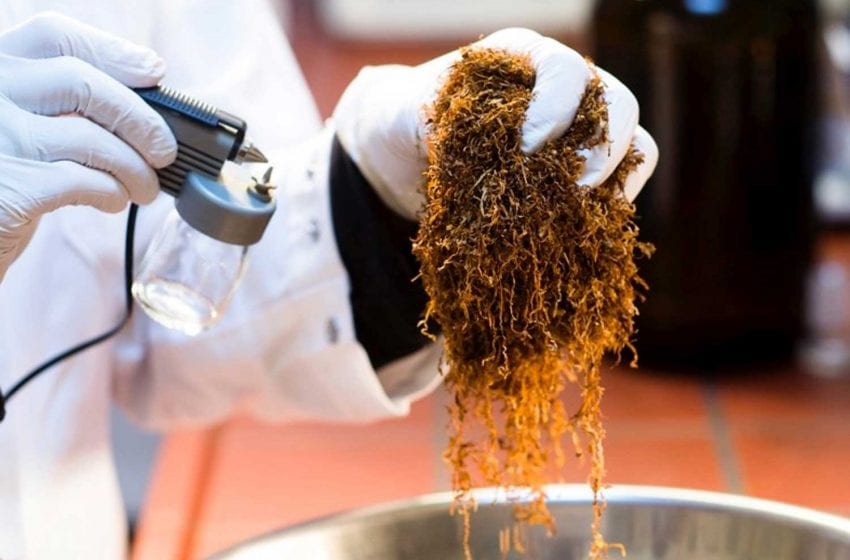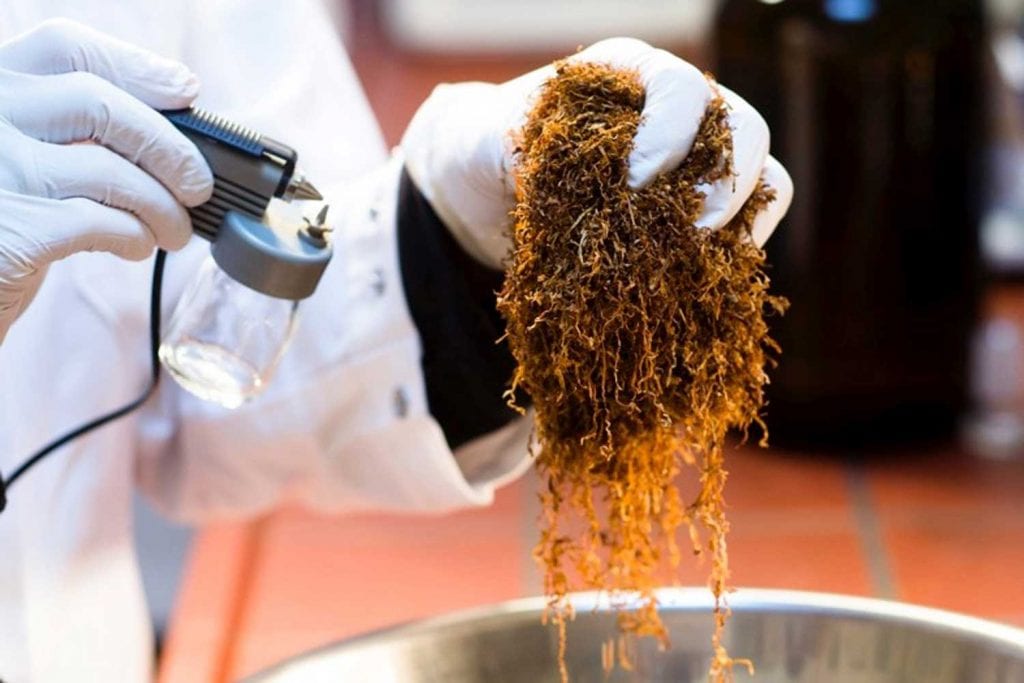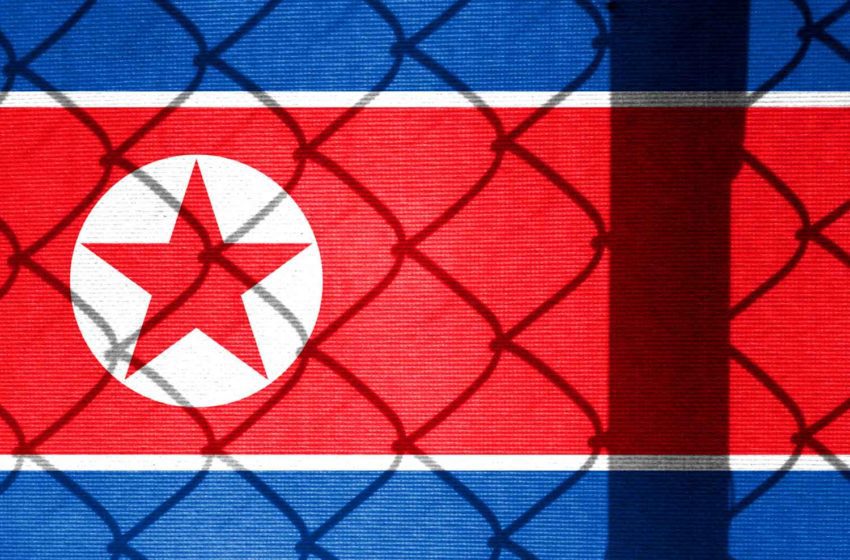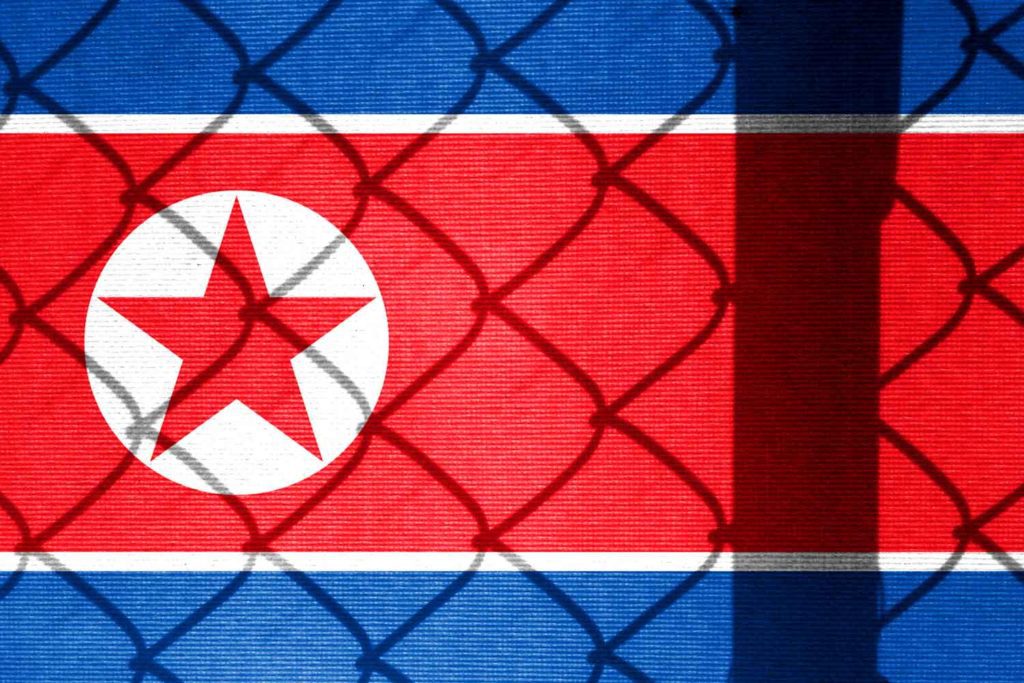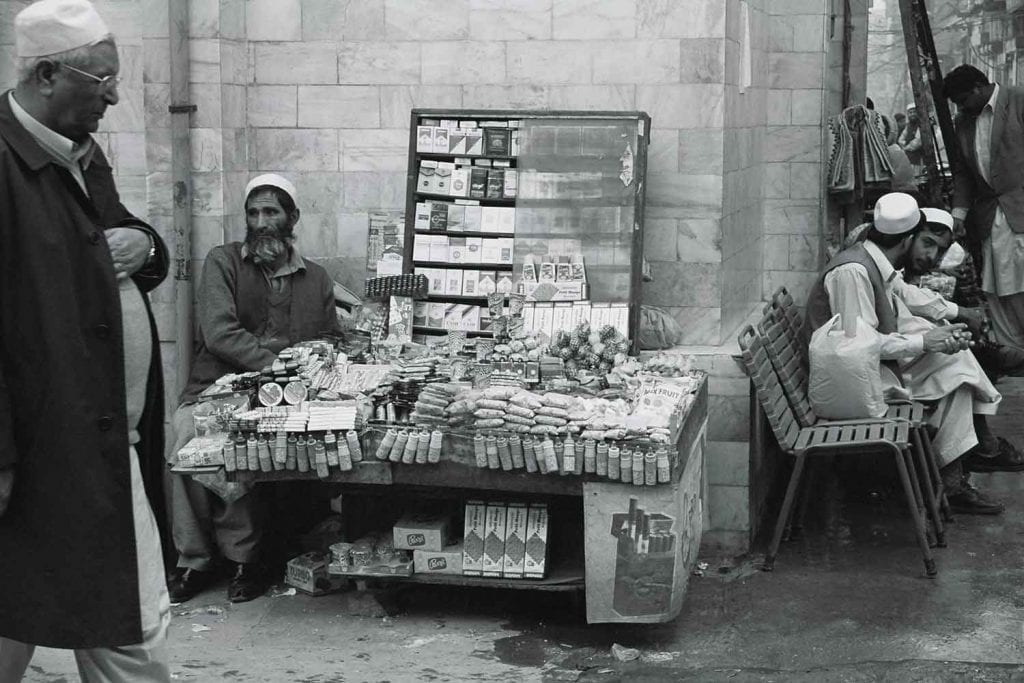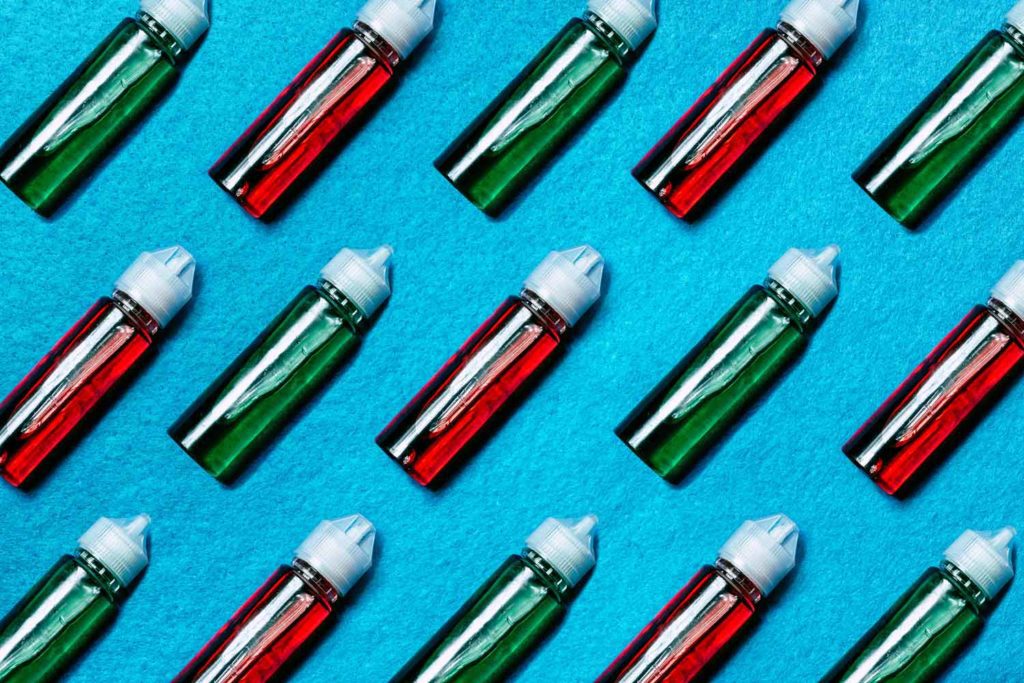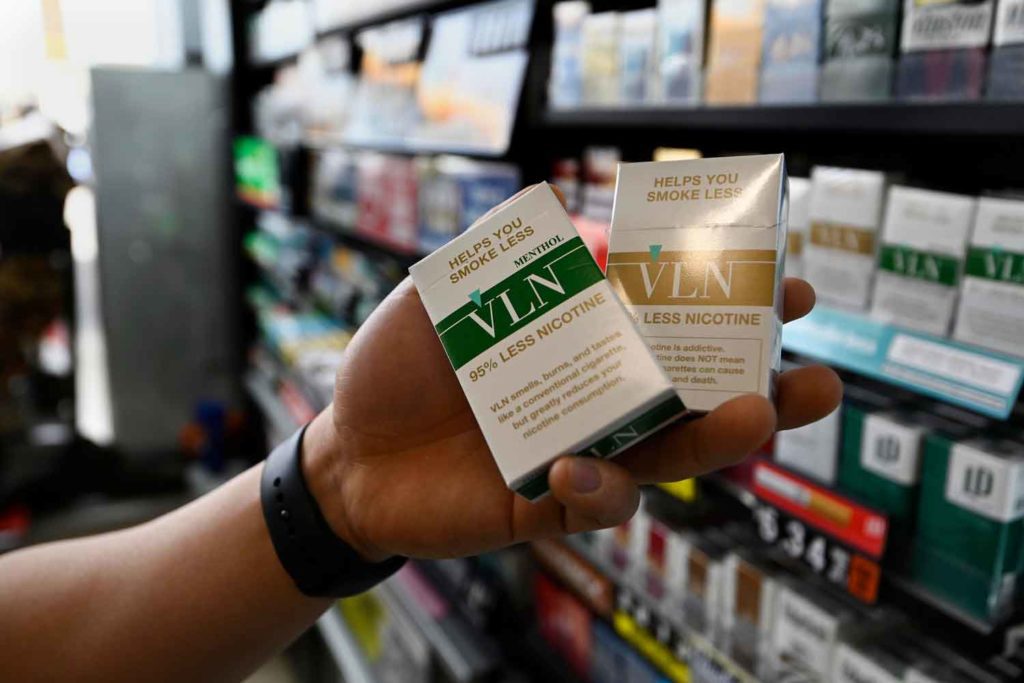
22nd Century Group posted net revenues of $22 million in the first quarter of 2023, up 143 percent from the comparable 2022 quarter.
“22nd Century is executing an aggressive commercial rollout of our FDA [U.S. Food and Drug Administration]-authorized VLN reduced-nicotine content cigarettes and a revolutionary new CDMO plus distribution business model for our hemp/cannabis business unit, the combination of which will accelerate revenue, increase gross margin and drive 22nd Century to cash profitable operating results for both business units in 2024,” said CEO James A. Mish in a statement.
“Having clearly confirmed the incredible consumer demand for VLN and rapidly expanding pipeline of retail stores wanting to carry the brand, we are now fully focused on commercialization. We are working steadily toward commercial sales covering thousands of stores in California, Texas and Florida with a top retail chain as well as booking launch windows and orders with both existing and new chains seeking to sell VLN products across an expanding geography.
“To support these launches and accelerate the rollout of hundreds or even thousands of new stores across multiple states within a very narrow time frame, we have now secured agreements with the No. 1 and No. 2 national-scale c-store distribution providers, which are already taking warehouse stocking quantities of VLN for customer distribution. These actions provide a clear pathway for a rapid acceleration in VLN sales activity and our goal of entering up to 18 states by year-end 2023, which we believe will make VLN available in almost 60 percent of the $80 billion U.S. tobacco market.
“We believe 22nd Century is poised for phenomenal growth this year in both our tobacco and hemp/cannabis businesses. As such, we are introducing our first revenue guidance, calling for full-year 2023 revenue of $105 million to $110 million, representing a 69 percent to 77 percent increase from $62.1 million in 2022. Our growth will be driven by the rapid stocking and ramp up of new VLN customers, new Pinnacle CMO sales, continued record cannabinoid ingredient volumes, startup of our CDMO+D hemp/cannabis agreements and a full year of GVB sales.”

